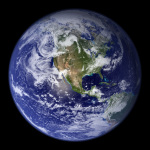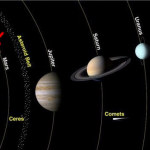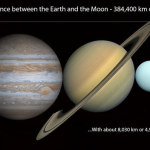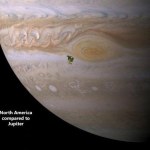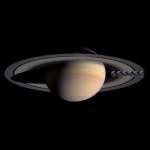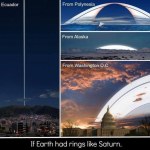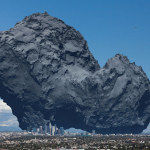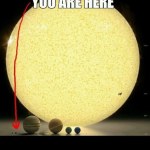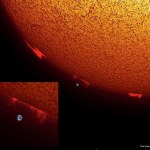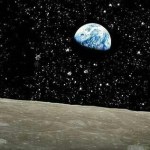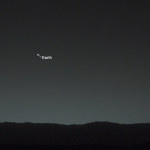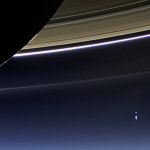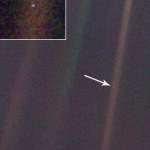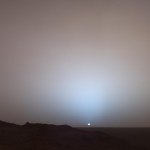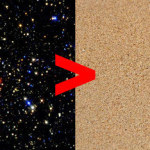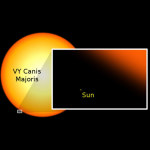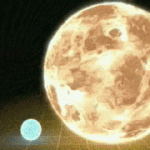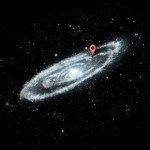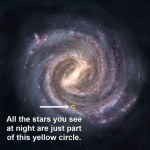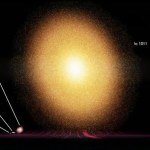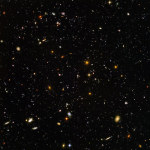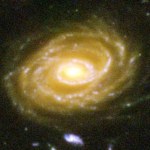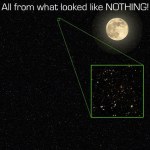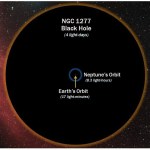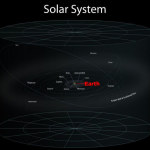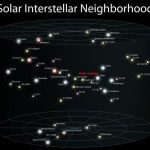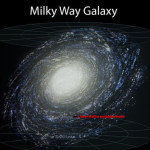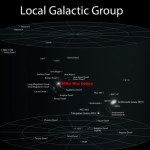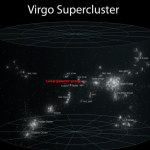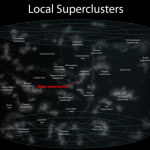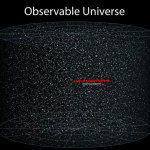In the science lab this week, grade levels TK-3 were learning about volcanoes. For 2nd and 3rd grade students, we had a demonstration of the creation of new gas within a closed system (bottle 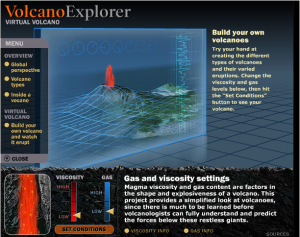 with a balloon over it) and we related that demonstration to what happens with volcanoes. I may use this same demonstration for TK-1st next week.
with a balloon over it) and we related that demonstration to what happens with volcanoes. I may use this same demonstration for TK-1st next week.
The information and vocabulary were more focused on for 2nd and 3rd grade, while 4th and 5th were still focusing on the tectonic plates.
The website that students might be interested in is this one: Discovery Kids Volcano Explorer.
On this website, students can change the thickness of the lava and the amount of gas and discover what type of volcano those conditions might make, and also what type eruption it causes.
Vocabulary introduced (in no particular order):
- crust*
- lava vs. magma*
- mantle*
- eruption*
- ocean floor
- lava flow
- fire fountain
- viscosity
- stratovolcano
- shield volcano
- cinder cone
- caldera
- lava tube
- pyroclastic flow
- plume
- ash
- lahar
- debris
- landslide
- tectonic plates
*terms that I want are the primary ones I want them to know

 Elementary Science Field Day (ESFD or SFD for short) is sponsored by the San Diego County Office of Education and is hosted at Lakeside Middle School. As long as I have been participating in SFD, it is always held on the Saturday right before Mother’s Day OR the following Saturday, from approximately 8:30-3:00. Schools from all around the county sign up and pay an entry fee to participate. At this time, over 50 teams come to participate in Science Field Day!
Elementary Science Field Day (ESFD or SFD for short) is sponsored by the San Diego County Office of Education and is hosted at Lakeside Middle School. As long as I have been participating in SFD, it is always held on the Saturday right before Mother’s Day OR the following Saturday, from approximately 8:30-3:00. Schools from all around the county sign up and pay an entry fee to participate. At this time, over 50 teams come to participate in Science Field Day!